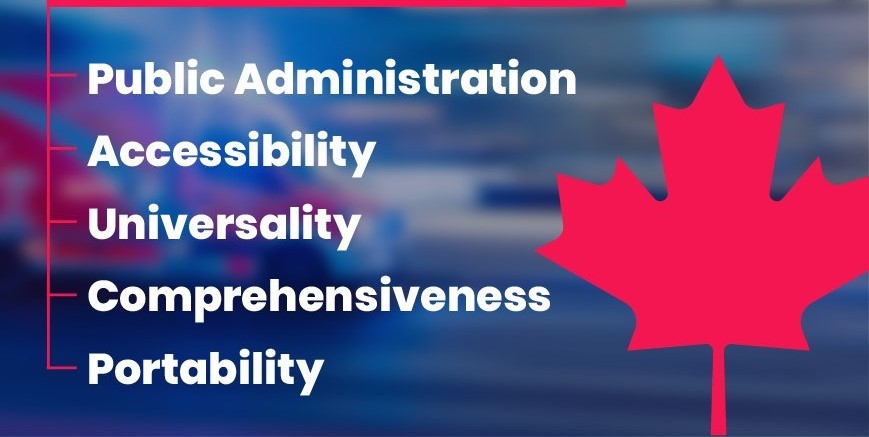If there is one area where Canada truly excels in, it’s the country’s ability to provide its citizens with universal health care, all courtesy of the CanadaHealth Act (CHA). The CHA is a legal framework that provides indiscriminate health care to all people who live in the country or are legally residing in Canada.
The main goal of the act is to protect and promote physical and mental health as well as aid individuals who need medical assistance of any sort without posing financial barriers. Canadian health care is built on a relatively European model where the costs are low and no person is left behind.
What are the core features of the Canada Health Act?
The Canada Health Act focuses on several key principles that guarantee that universal health care in Canada is sustainable and it remains a helpful tool used by governmental administration as opposed to a burdensome money and time sink.
So far, the CHA has been largely successful and sustainable with Canadians readily paying up nominally to help their fellow citizens in need. The Act has carefully set out core principles that prevent it from falling prey to corruption, mismanagement and third-party interests.
As a result, the CHA is publicly administrated, meaning that it operates on a non-profit basis. Services are administered by public authorities and these authorities are usually based on individual provinces or territories, which allow the government to audit and vet finances for potential discrepancies and foul play.
The Act makes Canadian healthcare particularly reliable, as it ensures that no essential health service is left out. As a result, universally ensured people can benefit from hospital stays, physical checks, surgical consultations, and dentists.
The Canadian healthcare system is not restrictive in any way. In other words, you can take your health package from one province to the next and there will be no difficulty in benefiting from the same level of health care regardless of your current location in the country.
Canada healthcare: the specifics
There are certain services that remain outside the remit of Canada health care and include dental services, optometrists, and some prescription medicine. However, the system would never turn down a patient because they are lacking finances for example.

Some provinces still opt for these extra services that may not originally be covered by the Canada Health Act. If a province is not providing the specific service you need, you can look into alternatives, such as Private Health Insurance that can be purchased only for the particular services that you need specifically.
Because private health insurance is usually supplementary, its cost is moderate, which makes health care in Canada very accessible once again and affordable to people from all social strata.
Canada has no shortage of doctors either, with 30,000 primary care doctors in the country. There are also 28,000 specialist medical experts in Canada as well. Hospitals are going to take on patients who have been sent there by physicians or people who need emergency first aid.
The CHA doesn’t preclude the existence of private clinics which are slightly more expensive but operate well within the budget of the average Canadian. Such clinics offer slightly better access to services that may otherwise need to wait for a little while longer, such as MRI. Private insurers are usually the ones to cover around 80% of the costs you may incur during your stay in a private clinic, which is a very generous offer overall.
Other interesting articles:

